Coronavirus has had an effect on every aspect of our lives. It has also affected habitats- both positively and negatively. Read on to find out how!
Positive- Coronavirus has improved air quality
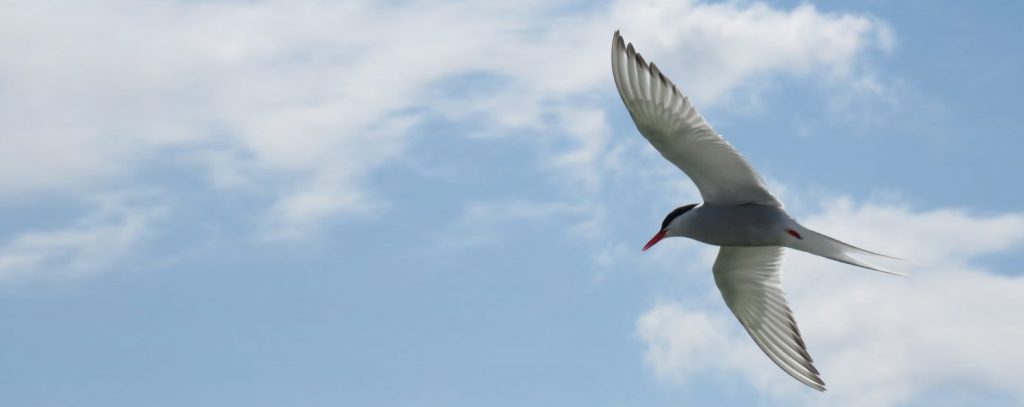
Due to the national lockdown, and following local restrictions, we have been travelling a lot less. That means there are fewer cars, aeroplanes, lorries and trains belching all sorts of unhealthy gases and particles into the atmosphere.
This was great for habitats! There are many plant and animal species that are highly sensitive to air quality, and will only exist in habitats with suitably low levels of pollutants. These species could expand their ranges as more areas of their habitat began to meet their criteria.
Negative- Coronavirus has increased levels of plastic waste
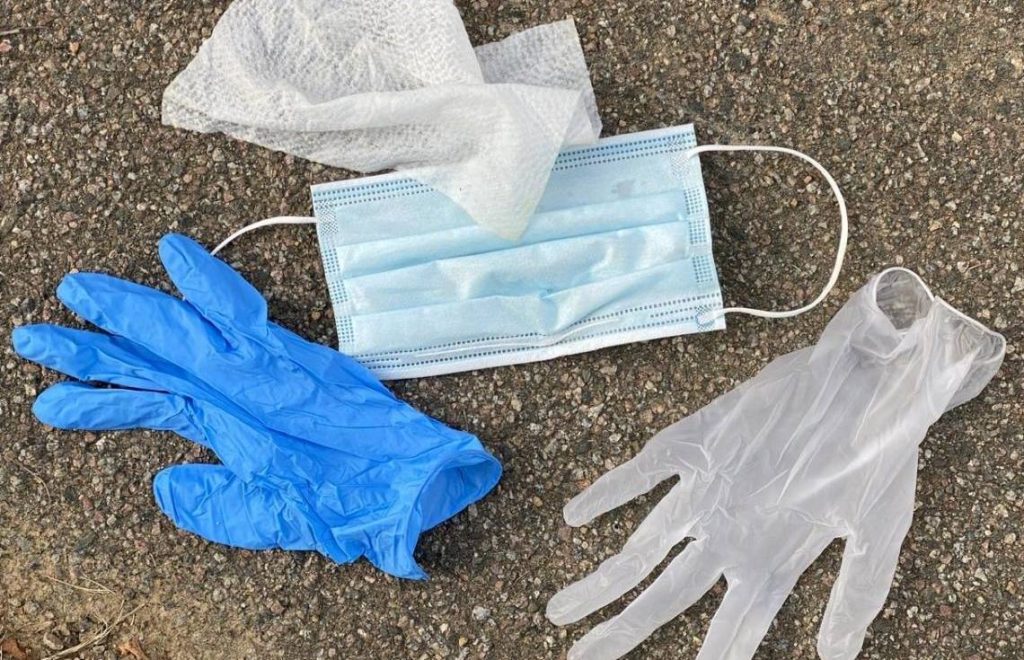
In order to prevent the spread of coronavirus, the production and use of Personal Protective Equipment (PPE) has dramatically increased. And what is PPE made of? Disposable plastic.
We have all seen discarded face masks in our local areas. Organisms can get tangled up in the straps, and the plastic component of these masks means that they do not break down. But the problems go deeper than that: Food outlets have been using disposable cups, people have been wearing latex gloves and plastic aprons, all that hand sanitiser and toilet roll comes in plastic wrapping or containers……it all adds up!
The amount of plastic waste now present in our local habitats is a huge problem. Of course, this by no means implies that PPE is bad- its use has been absolutely vital in protecting and preserving human life. However, we must be aware of the consequences of this, in order to deal with the future problems that might arise from it.
Positive- Coronavirus has allowed animals to move back into various habitats
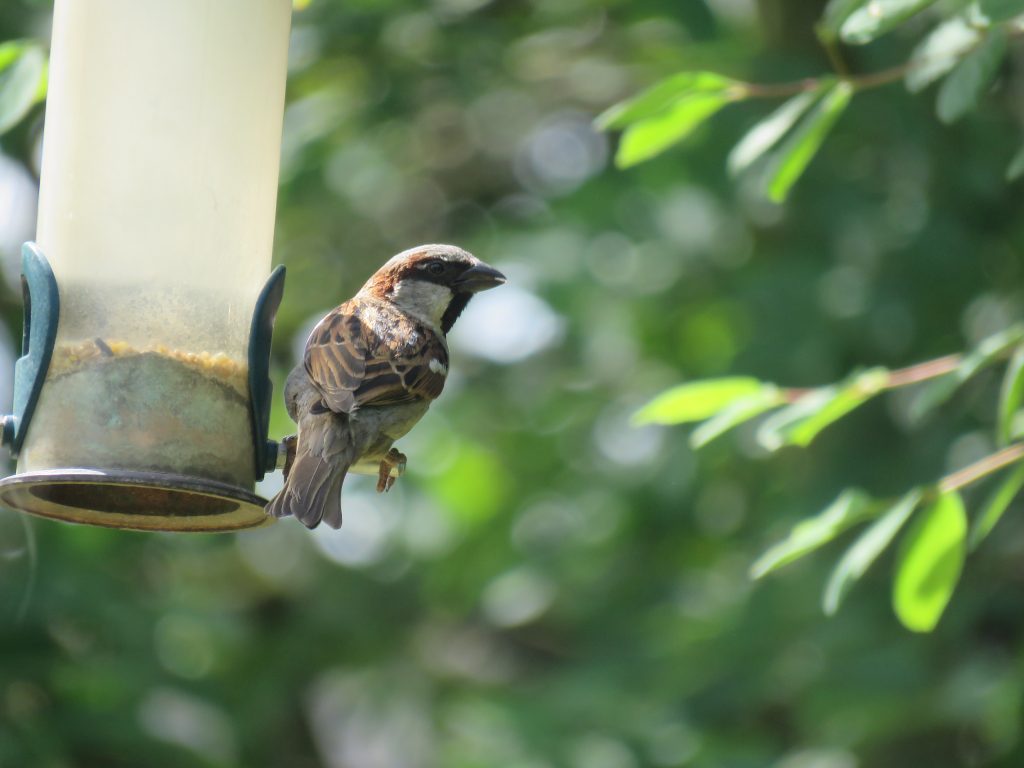
We have all seen the images of wildlife roaming empty city streets, and have heard how dolphins have moved back into Venetian lagoons. The resilience of the natural world is astounding; if we make space for nature, nature will respond. By reducing the amount of human activity in various habitats, coronavirus has given nature the space it needed to move back into areas that were previously struggling. And as we know from previous blog posts, the more habitats that wildlife can occupy, the more wildlife we will have!
Negative- Coronavirus has affected habitat conservation work
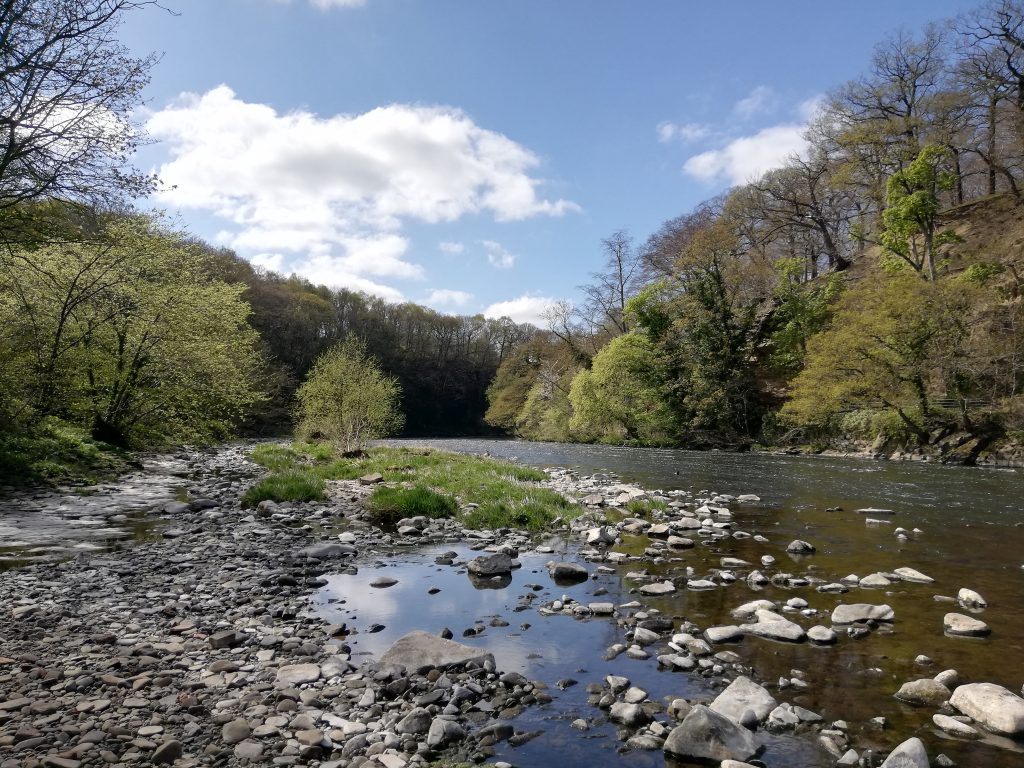
When lockdown hit, people stopped visiting zoos, wildlife parks and nature reserves. This meant that these vital organisations lost their source of income. Staff had to be furloughed or made redundant, and volunteers were also sent home. Furthermore, conservation charities saw a huge reduction in donations as people looked for ways to save their reduced income.
With lower funds and fewer hands for conservation work, these many of these organisations have been forced to delay or pare back vital habitat conservation work. We are yet to see what consequences this will have for the future of our local habitats.
Positive- Coronavirus has reduced levels of noise pollution
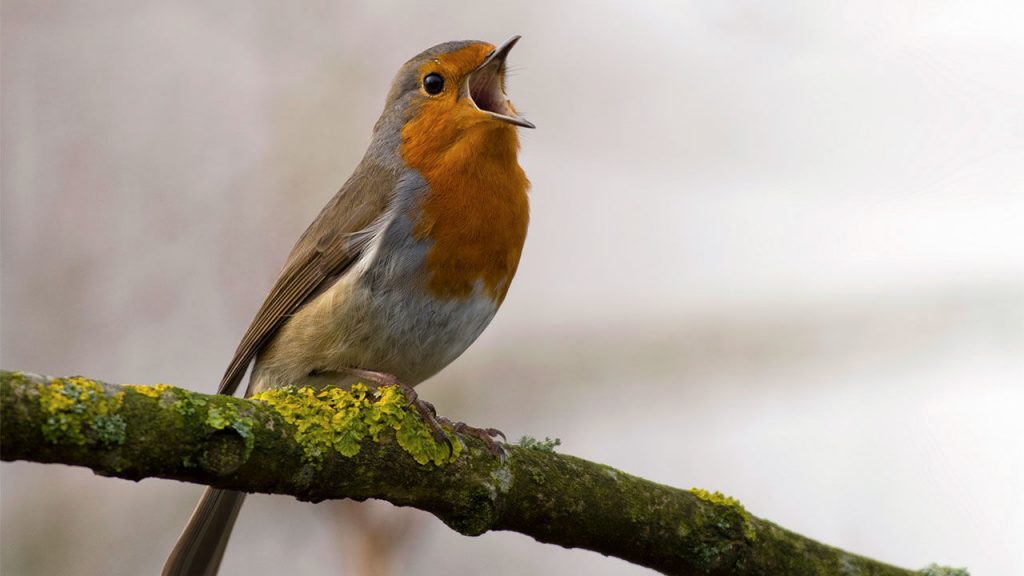
Coronavirus has led to less traffic on the roads, on waterways and in the air. It has also decreased footfall in previously crowded areas. One consequence that was obvious to all of us was the significant reduction in background noise levels.
Research has shown that noise pollution has caused changes in how various animals forage, communicate and mate. For example, did you know that some common garden birds are forced to sing at higher frequencies (i.e. shout) when there are higher levels of background noise? So, with less noise to disturb them, wildlife has been able to ‘get on with things’ in a more natural way!
What can we do?
As helpless as we may feel in the current situation, there are a number of things we can do to minimise the negative impacts that coronavirus is having on local habitats, whilst staying safe and protecting other people:
- Where possible, wear reusable PPE, such as fabric facemasks
- Where medical-grade facemasks are necessary, make sure to cut the straps before disposing of them. This prevents wildlife from getting tangled up in them
- When getting take-outs from cafes and restaurants, try to find businesses that use recyclable products. For example, paper cups, wooden cutlery, and cardboard boxes
- Think about what journeys you would usually make, that you didn’t undertake during lockdown. Were there any that you could live without? Were there any were it was possible to walk or cycle instead? By keeping our mileage low, we can maintain improved air quality and less noise pollution!
- Spending a lot of time on the internet? Think about switching to a search engine such as Ecosia, which uses the profits gained from its use to plant trees and help communities in areas most adversely affected by climate change.
As you can see, coronavirus has affected our local habitats in many different ways. As we look to the future, we must think of how we can consolidate the positive impacts of these unprecedented times whilst minimising the negative ones.
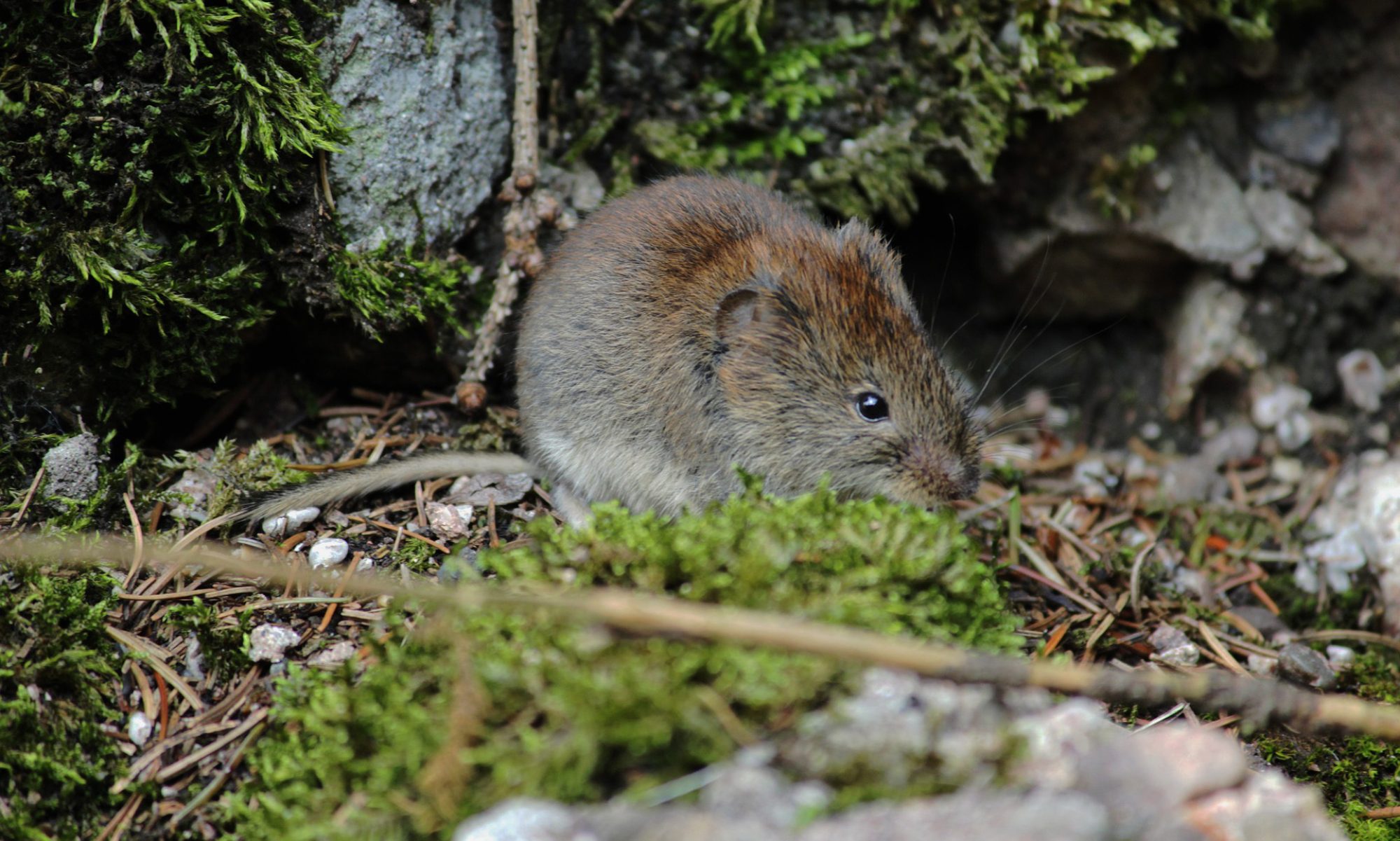

A big thank you for your article post. Thanks Again. Awesome. Violetta Torr Close